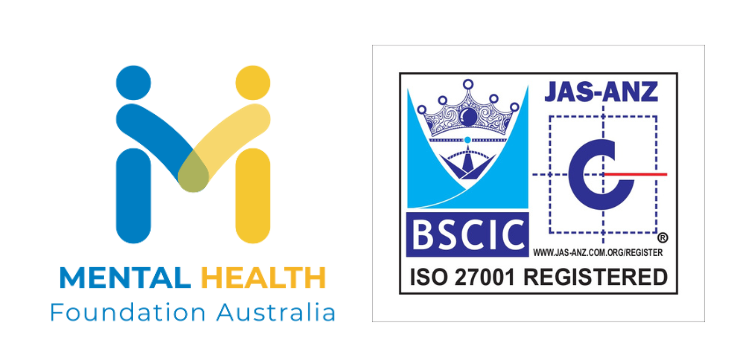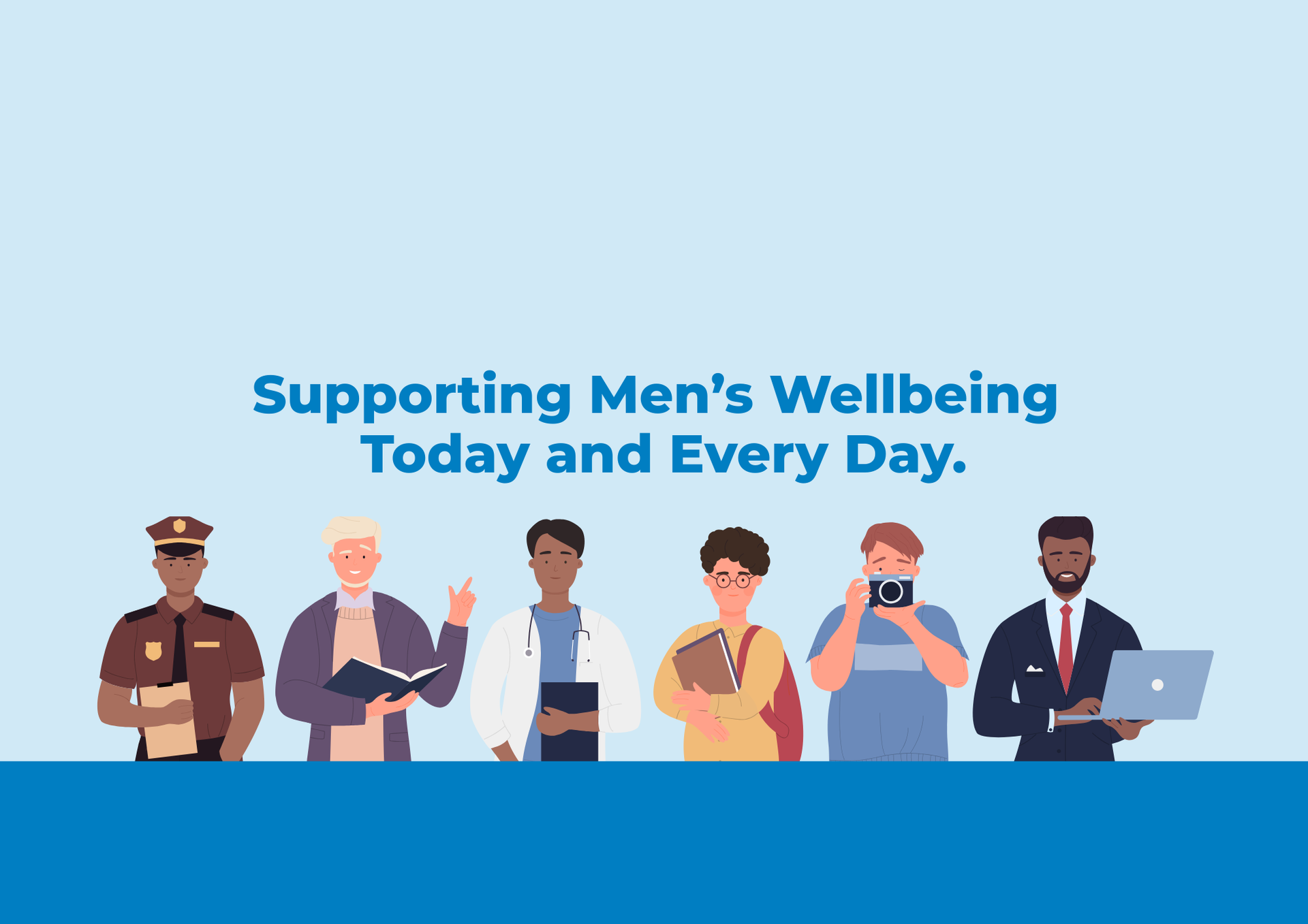A Path to Parenthood Wellbeing
Perinatal anxiety and depression are the most common mental health conditions that can occur during pregnancy or in the first 12 months after childbirth. These conditions involve persistent emotional difficulties—such as elevated worry, fear, sadness, or overwhelm that can interfere with daily functioning and affect engagement in pregnancy, childbirth, and caregiving.
Mental health conditions during the perinatal period are common, affecting an estimated 1 in 5 mothers, and they can have serious effects on the health and wellbeing of women, their babies, and their families (AIHW, 2024).
In contrast to the usually short-lived “Baby Blues,” which typically resolve within several days after birth, perinatal anxiety and depression are marked by greater severity, a longer duration, and a significant need for systematic support and treatment.
Historically, the study of perinatal mental health has focused largely on biological mothers. However, recent research increasingly shows that fathers, partners, and other non-birthing caregivers—such as adoptive parents and stepparents—are also vulnerable to poor perinatal mental health outcomes, presenting with depressive symptoms, anxiety disorders, and related difficulties. It is estimated that around 1 in 10 expectant fathers experience perinatal anxiety and/or depression.
Common Experiences of Perinatal Anxiety and Depression
For many parents, the impact of perinatal anxiety and depression goes beyond occasional low mood or worry. These feelings can affect daily life, relationships, and the way you connect with your baby and your surroundings. While every experience is unique, many parents report similar themes:
- Feeling constantly worried or overwhelmed: A sense of worry that doesn’t switch off—even about small things—and a feeling that everything is “too much,” regardless of efforts to stay in control.
- Struggling to feel like yourself: Activities that once brought joy may feel flat, uninteresting, or draining. You may feel like you’ve lost your spark or that you’re no longer yourself.
- Exhaustion that doesn’t go away: Feeling tired all the time, even after sleep, or finding it difficult to rest because your mind feels busy or unsettled.
- Feeling disconnected from the baby or the experience of parenthood: Bonding may not come naturally, and you might feel distant or unsure. Many people experience guilt or confusion when their emotions don’t match their expectations.
- Pulling away from people: Avoiding conversations or social contact, feeling too drained to connect, or wanting support but not knowing how to ask can lead to increased isolation.
Experiencing one or more of these signs does not mean something is “wrong.” Many parents experience these feelings, often quietly. Recognizing them early and seeking support can help you feel more connected to yourself and your baby.
There are moments when caring for a new baby is joyful, but at times it can also feel overwhelming. Feeling worried, sad, or stressed is common and support is available.
Wellbeing Steps for New and Expecting Parents
Being mindful of wellbeing during pregnancy from early on can have a significant impact on emotional and psychological coping. Open conversations about how you're feeling are one of the most effective forms of support. Sharing your thoughts with a partner, friend, family member, or professional can reduce pressure and remind you that your experiences are valid and shared by many.
Accepting help from others such as support with meals, housekeeping, or baby care—can go a long way toward easing daily stress.
After the birth of a baby, emotional and physical needs often increase. It’s important for mothers and parents to practice self-care by staying connected to people or habits that bring relaxation rather than overwhelm.
Joining a parent support group or attending community programs can help you connect with others who are navigating similar experiences.
Being kind and gentle with yourself is essential.
Simple relaxation strategies such as deep breathing, progressive muscle relaxation, or mindfulness—can help reduce anxiety and foster a sense of grounding.
Why Early Support Matters
Parents who feel recognized, heard, and supported tend to experience faster recovery, stronger attachment with their infants, and greater confidence in their caregiving abilities. The effects of perinatal wellbeing extend beyond the individual—they influence the infant, partner, family system, and broader community. Early intervention helps establish a strong foundation for the ongoing journey of parenthood.
Feeling depressed, anxious, or overwhelmed especially when these feelings disrupt relationships or daily functioning—signals the need to reach out, which is a strength, not a weakness. Support should not only be reactive in moments of crisis but also a proactive tool for prevention, recovery, and self-growth.
Professional Support – How the Wellness Hub Supports New Families - Adjusting to life with a new baby can be overwhelming. The Wellness Hub offers practical, compassionate support designed to strengthen mental, emotional, and social wellbeing, guided by the principles of the Wellness Wheel.
Private Sessions at the Wellness Hub - Families can meet one-on-one with provisional clinicians under the supervision of licensed mental health professionals. These sessions offer a safe and supportive environment to explore feelings, develop coping strategies, and receive personalised guidance.
Group Support - Therapy groups and peer support sessions allow families to share experiences, connect with others facing similar challenges, and reduce feelings of isolation.
Workshops and Resources - Educational materials, workshops, and online resources help parents better understand perinatal mental health, manage stress, and learn practical coping tools.
Ongoing Care - Follow-ups and referrals ensure families receive consistent support as they navigate early parenthood.
Through individual sessions, group programs, and practical resources, the Wellness Hub helps families feel heard, supported, confident, and connected to their baby. Parenthood brings both joy and challenges. Feeling unsure, overwhelmed, or anxious at times is completely normal. Reaching out for support is not a sign of weakness—it is an act of courage, care, and commitment to both you and your child.
Written by: Dolma Tamang, Cynthia Kipkemboi





